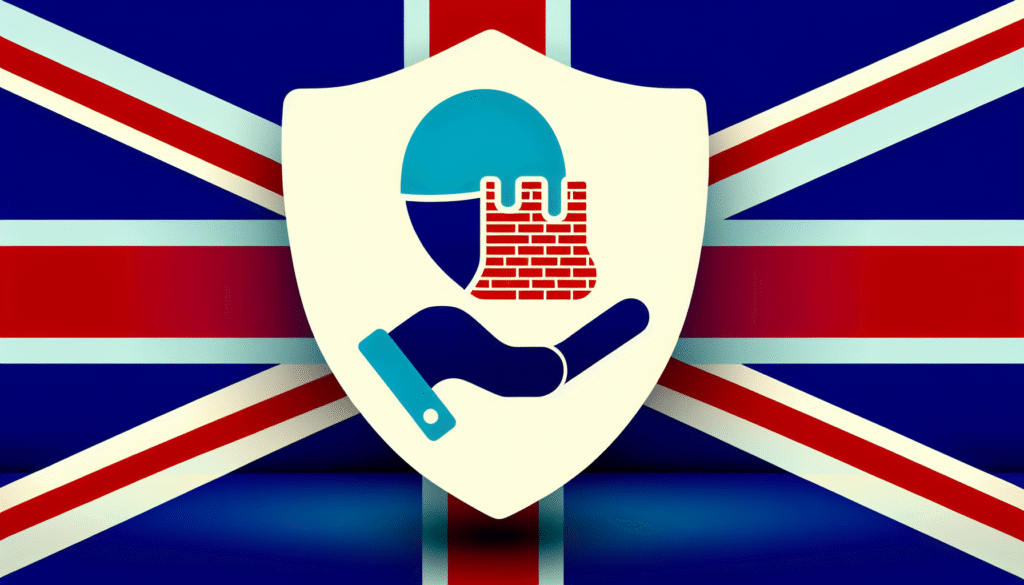A Reckless Escalation: NATO’s Response to Russian Aggression
In a startling recent development, UK Defence Minister John Healey stated that Russian President Vladimir Putin is “testing us” with his reckless and aggressive maneuvers, notably through drone attacks that took place overnight. This incident marks a significant escalation in tensions as NATO allies vowed to stand firm against such provocations.
NATO’s Defensive Action
In what has been described as the first defensive action since Russia launched its full-scale invasion of Ukraine in 2022, NATO jets successfully intercepted and destroyed Russian drones operating over Poland. Healey, speaking after strategic discussions in London with defense representatives from Poland, Italy, France, and Germany, expressed strong condemnation of Russia’s actions as both “reckless” and “dangerous.”
Collective Defence
The urgency is palpable as the UK has also taken steps to bolster air defenses in Poland, reflecting a unified NATO response to this latest threat. Healey confirmed that there are currently around 300 UK armed forces personnel deployed in Poland, reinforcing deterrence efforts alongside Polish defenses. Previously, six RAF Typhoon jets were stationed in Poland to participate in NATO’s air policing mission, underlining the collaborative military efforts within the alliance.
Global Reactions
The incident has drawn widespread international condemnation. Donald Tusk, the Polish Prime Minister, communicated eagerness in acknowledging the successful interception of the drones, emphasizing that actions speak louder than words. His comments underscore the gravity of the situation, noting that this act represents a dangerous breach of both Polish and NATO airspace.
In statements made later, NATO Secretary-General Mark Rutte reaffirmed the alliance’s commitment to defend “every inch” of its territory, sending a direct message to the Kremlin. The alliance’s vigilance remains crucial as tensions rise; Rutte’s statements invoke a rallying call for NATO members to respond decisively to any form of aggression.
Skepticism Towards Kremlin Denials
Amid this turbulent backdrop, Healey expressed skepticism regarding the Russian defense ministry’s claims that it did not intend to target Polish territory. He remarked, “We’ll make our own assessment,” reiterating a cautious approach toward Russian assurances. The history of misinformation surrounding military actions adds layers of complexity to the situation, meaning Western allies must proceed with caution.
The Bigger Picture: Support for Ukraine
Beyond the immediate drone threat, Healey emphasized the necessity for Ukraine’s allies to keep up pressure on Putin to halt his aggression and return to the negotiation table. He underscored that while there are discussions regarding peace, they must not overshadow the urgency to support Ukraine under continual Russian bombardment.
Ukrainian President Volodymyr Zelensky mentioned that as many as two dozen drones potentially crossed into Polish airspace, emphasizing the need for enhanced scrutiny and defense readiness among NATO nations.
Domestic Perspectives
The political atmosphere in the UK also reflects the gravity of these events. Sir Keir Starmer, leader of the opposition, condemned the Russian actions as “barbaric” and classified them as an “egregious and unprecedented violation” of NATO airspace. His comments highlight a national consensus towards supporting Poland and the broader NATO mission in ensuring collective security.
Historical Context
Analysts are increasingly drawing parallels to historical conflicts, asserting that this scenario brings Europe closer to potential open conflict than at any time since World War Two. Concerns are mounting, not only for Eastern European stability but also for the broader geopolitical balance, as nations reassess their military readiness and diplomatic stances.
Regional Dynamics
Poland’s defense minister revealed the seriousness of the recent violations, with 19 drone incursions recorded, some reportedly launched from Belarus. The shift in regional military dynamics is worrisome, as these developments signal a more aggressive stance from Russia.
Conclusion (not included as per request)
The unfolding situation encapsulates a fragile moment in European security, demanding careful navigation by Western allies. Each action taken is under intense scrutiny, as the collective response from NATO aims to uphold peace while preparing for the worst in an increasingly unpredictable landscape.
This article is structured to offer a detailed perspective on the recent developments concerning NATO’s response to Russian activities, shedding light on both immediate military actions and the broader implications of these tensions.

